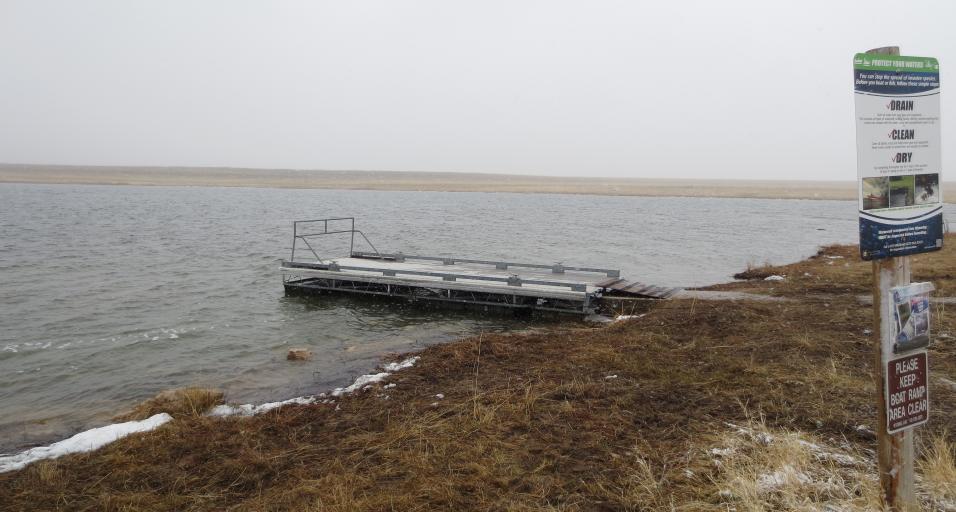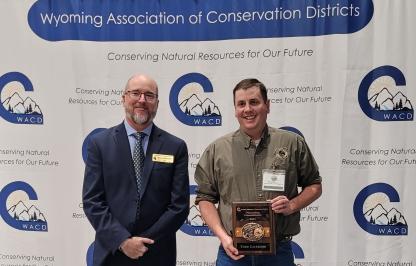Each year the Wyoming Game and Fish Department benefits significantly from revenues generated by the federal Pittman-Robertson Wildlife Restoration and Dingell-Johnson Sport Fish Restoration (PRDJ) acts. This revenue, which is distributed by the U.S. Fish and Wildlife Service, is derived from excise taxes paid by the hunting, shooting, boating and angling communities on firearms, bows and ammunition and sport fishing tackle, some boat engines, and small engine fuel. But, this money does not come directly to the state. Game and Fish is reimbursed for eligible projects.
“The Pittman-Robertson and Dingell-Johnson revenue is critical for wildlife conservation in Wyoming. Though it does not come as a check to our department at the end of the year it accounts for 30 percent of all revenue used to manage all wildlife species,” said John Kennedy, deputy director of Game and Fish.
Game and Fish does not receive any general tax revenue. Other than PRDJ revenue, all of the rest of its funding comes from the sale of hunting and fishing licenses.
“This important funding model means that more hunters and anglers are good for the conservation of all wildlife and wildlife-related recreation. In Wyoming, we manage more than 800 species. We thank hunters, anglers, boaters, shooters and trappers for supporting wildlife management and we appreciate conversations about additional ways to pay for wildlife conservation,” said Kennedy.
PRDJ money is only eligible for certain projects, those include:
Restore and manage wildlife and sportfish
Fish and wildlife research
Obtain data to direct regulations
Acquire property for habitat and/or access
Habitat restoration
Operate & maintain facilities necessary to carry out PRDJ activities
Hunter education and aquatic resource education
Firearm & archery ranges for public use
Fish stocking for recreation
Provide boating access
For the year ahead Wyoming can get reimbursed for up to $19 million in PRDJ funding to support critical state conservation and outdoor recreation projects.
Wyoming apportionments include $5,329,957 in Sport Fish Restoration funds and $13,861,148 in Wildlife Restoration funds. State-by-state listings of the final Fiscal Year 2018 apportionments of Wildlife Restoration Program fund and the Sport Fish Restoration Program fund are detailed online.
Nationwide, the recipient state wildlife agencies have matched these funds with approximately $6.7 billion throughout the years, primarily through hunting and fishing license revenues.
For more information about the WSFR program visit http://wsfrprograms.fws.gov/.



